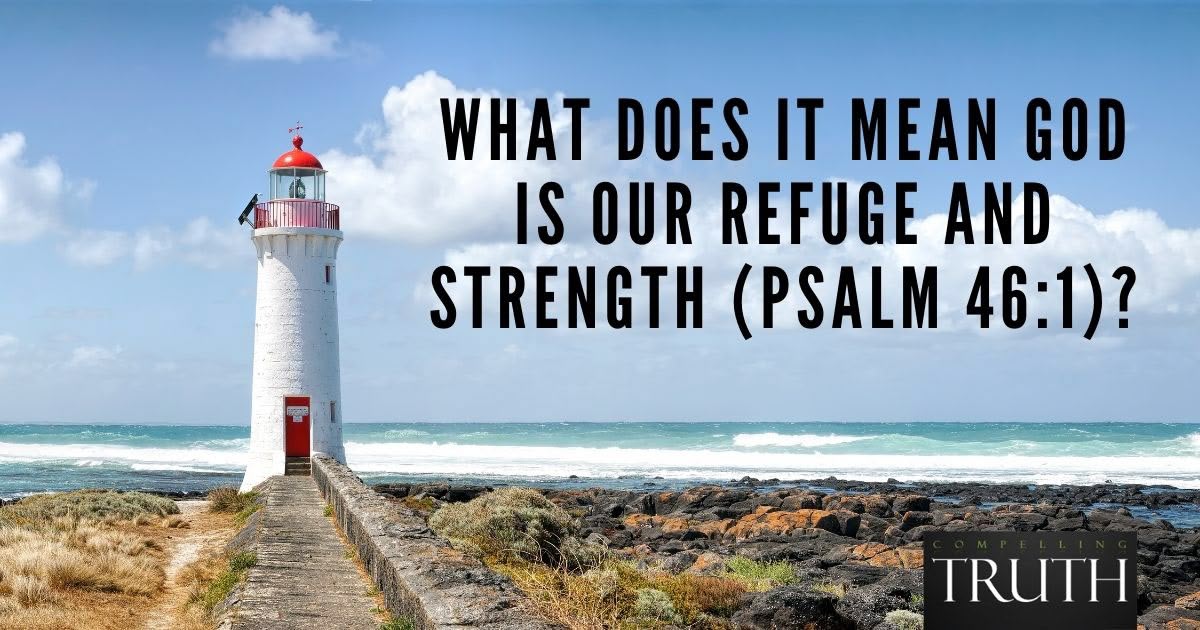what does the bible say?
Psalm 27:1 presents the Lord as our metaphorical light and our literal salvation. The metaphor of God as light is found throughout the Bible. Light represents goodness and guidance. The Lord is the source of both in the lives of believers. God’s Word provides wisdom and guidance for our lives (Psalm 119:105). When we put our faith in Jesus, we receive the indwelling Holy Spirit who guides us (Ephesians 1:12–14). The Lord is our salvation; all hope is found in Him. David, who wrote Psalm 27, exalts God, who safeguards him from his physical enemies. Those who trust in Jesus know life will still have trials, but we don’t despair because we know Jesus will sustain us through them (John 16:33; Romans 8:18–39; Philippians 4:6–7). And beyond this short life on earth, we have eternal salvation because of Jesus’ death and resurrection (John 3:16–18). The Bible consistently shows that God's light cannot be overcome by the darkness of the world or the even darkness within our own hearts (Psalm 139:7–12). If we are His children through faith in Jesus Christ, we can rest securely in Him (John 1:12; Luke 12:22–34).




